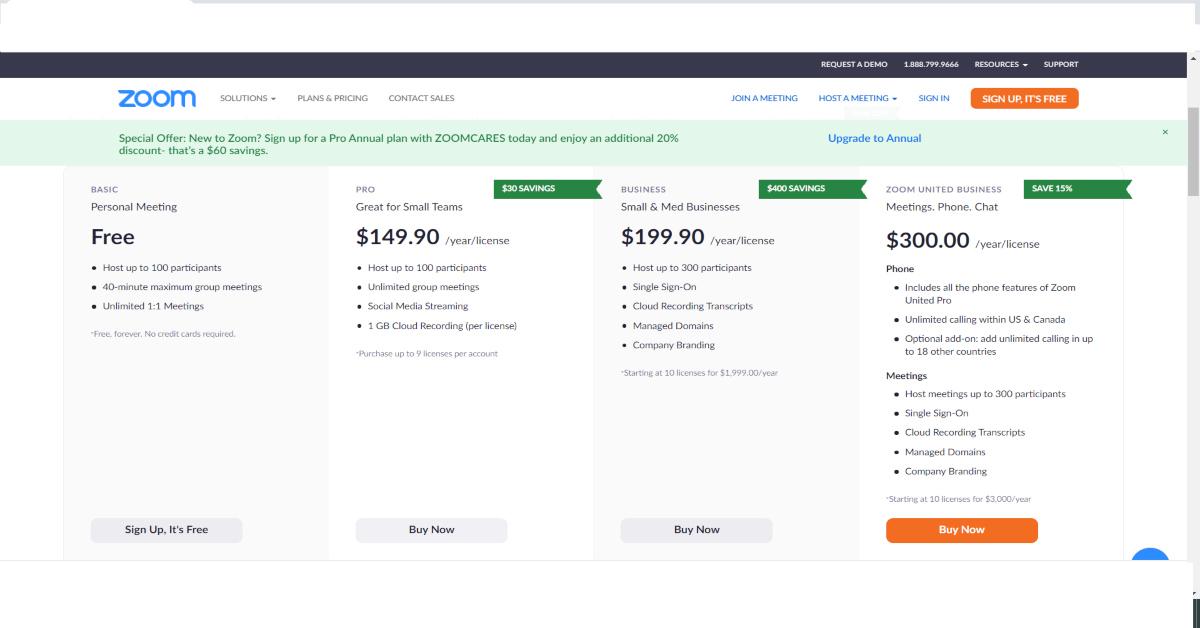Is Zoom a Chinese Company?
Zoom calls have been a lifeline for many people amid the COVID-19 pandemic. Is Zoom a Chinese company? Who are the major investors in the company?
Nov. 27 2020, Published 12:03 p.m. ET
Zoom calls have been a lifeline for many people in 2020. More people have been working from home amid the COVID-19 pandemic. The stock has also been a favorite among investors. Zoom is part of the basket of work-from-home stocks that have rallied in 2020. However, concerns keep cropping up about Zoom's privacy and data handling. Many people think that Zoom is a Chinese company. Is Zoom a Chinese company? Who are the major investors in the company?
Zoom listed in 2019. The COVID-19 pandemic and lockdowns have helped propel the demand for Zoom’s services. The company is among the biggest gainers in 2020. Stay-at-home stocks have rallied in 2020. The stocks weakened in November following positive news about COVID-19 vaccine candidates.
Zoom's history
Zoom was founded by Eric Yuan in 2011. He joined WebEx, a small video conferencing company, which was later acquired by Cisco Systems in 2007. Yuan stayed on with the company until 2011 before starting Saasbee that year, which was later renamed Zoom.
Not many people wanted to invest in Zoom in its early days. The video calling market dominated by giants like Microsoft and Google. However, Zoom successfully listed in 2019 and has risen multi-fold since the IPO.
Zoom isn't a Chinese company. It's based out of San Jose, Calif. Eric Yuan is the largest shareholder in Zoom. While he was born in China, he has been a U.S. citizen since 2007. Although Zoom has its offices, operations, and employees in China, it is as American as any other U.S. company with global operations.
Zoom Video Communications' competitors
The video calling market looks saturated and there are startups as well as big tech companies offering the service. Looking at big and established companies, Microsoft is a major Zoom competitor with its Teams and Skype offering. Alphabet is another Zoom competitor with its Google Meet service.
Slack, which listed in 2019 like Zoom, is also a competitor. Startup companies Whereby, Mikogo, GoToMeeting, and ClickMeeting have similar offerings. Zoho Meetings is another close competitor for Zoom.
How does Zoom make money?
Like many software companies including MeWe, Zoom works on the freemium model. The basic service is free but premium services are chargeable. Zoom allows free video-conferencing of up to 100 participants with a 40-minute time limit. Users that want to have more participants or a longer time limit have to opt for one of the company’s paid plans.
Currently, Zoom offers three paid plans. The first paid plan called Pro can host up to 100 participants with no time limit. The second plan is called the Business plan. The plan is meant for small and medium enterprises. Up to 300 people can join the calls in the Business plan.
The most expensive plan is called Zoom United Business, which can host up to 300 participants. The plan offers free unlimited calling within the U.S. and Canada. The above plans are available in U.S. markets. Zoom’s product offering and pricing differ by region.
Does Zoom Video Communications collect taxes?
Some of Zoom’s services are subject to taxes. The company collects excise taxes on behalf of the federal government. Also, Zoom's services are subject to state sales tax. In the U.S., while there isn't a nationwide sales tax, there is sales tax at the state level. Zoom collects sales tax from customers in states where it either has a physical presence or a significant market. Sales tax is also applicable for online orders.



